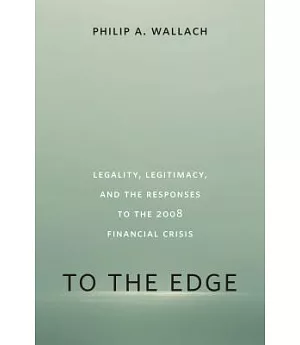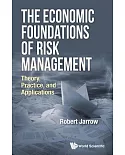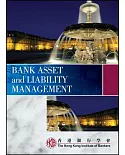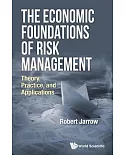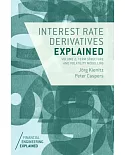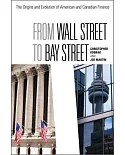This book examines the US government’s responses to the financial crisis of 2008, the political and legal controversies that surrounded them as the public reacted to the government’s actions,
and why certain issues resulted in more anger than others. The author discusses the dynamics for establishing legitimacy during a financial crisis, particularly the role of the law, arguing
that there is no single factor that can establish legitimacy for a crisis response, and recommends clearer legal limitations and acceptance of them by creating (but limiting) discretionary
funds to be used. He analyzes how and why law and legitimacy can compete with each other in crises and four factors in determining the legitimacy of a government’s actions (legality, democratic
legitimacy, trust, and accountability); the government responses to the financial crisis of 2008, including corporate and auto bailouts and the creation of the Emergency Stabilization Act of
2008 (TARP), as well as accountability mechanisms; and how the responses damaged the government’s legitimacy, focusing on the Tea Party and Occupy Wall Street movements and the Dodd-Frank Act.
Annotation ©2015 Ringgold, Inc., Portland, OR (protoview.com)

